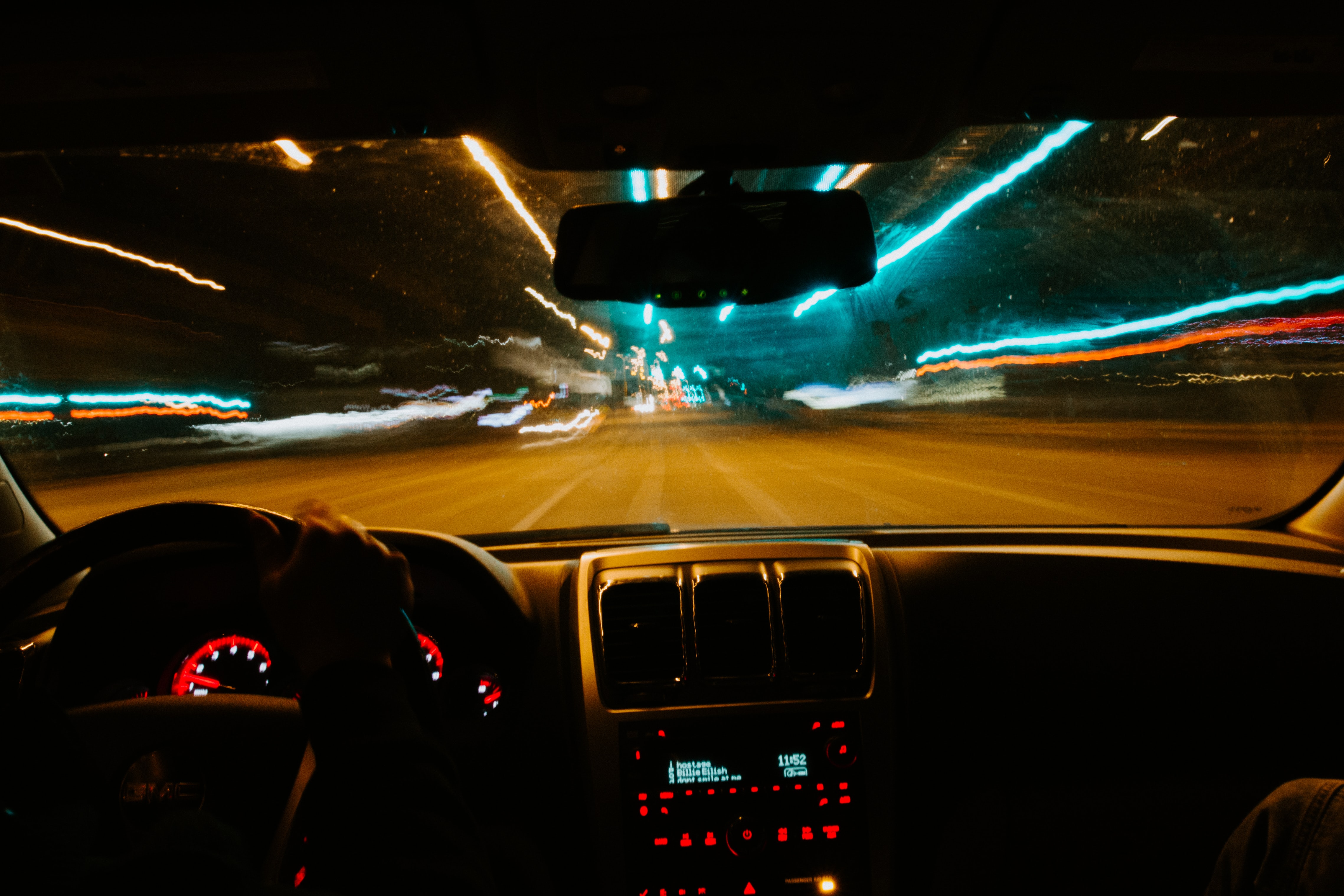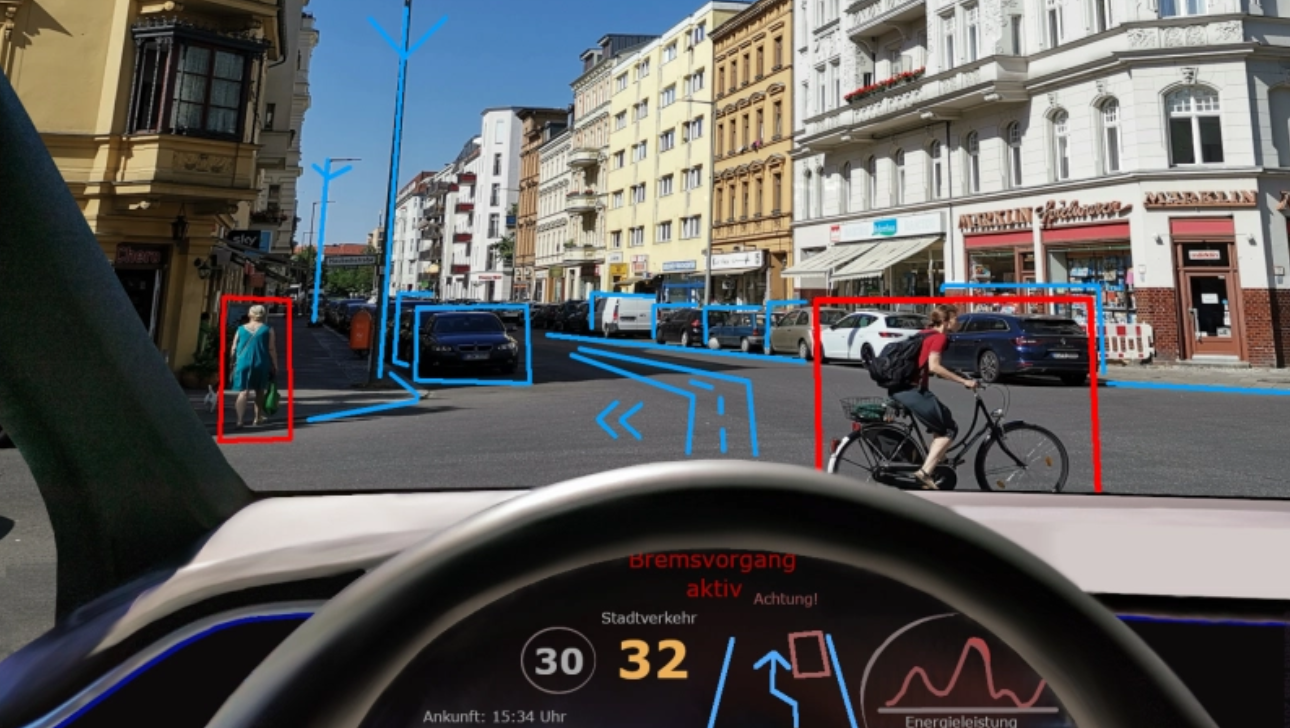As of now, very little information is known about what monetary judgements courts will typically reward. That’s because the manufacturing companies and rideshares have been overly willing to settle these cases outside of court.
As the concept of self-driving cars has moved from fiction to reality, government legislation has been accelerated to make sure that liability exists just as it would if a human were driving negligently. States across the country are rolling out safety standards – some more stringent than others – to govern the inevitable flood of automated vehicles to the streets and highways of the United States.
If you were injured in an accident involving a self-driving car, you may have the ability to sue and recover damages for your injuries. In order to be successful in court, you will likely need to demonstrate that you were injured in an accident that was at least primarily due to the negligence of the driver, owner, and/or manufacturer of the self-driving car. Determining when and how much you can sue for depends on the circumstances of the case, such as whether the accident was caused by human error or product malfunction, and what state the accident occurred in.
Self-Driving Negligence
Theoretically, self-driving cars operate under the same standards as cars driven by regular people. If a car causes injury or damage to the person or property of someone else due to some negligence or failure to meet driving standards, there is most likely liability assessed. The key difference is who the liable party will be.
In a typical instance of negligent driving, there are three avenues for recovering damages. A driver who behaves negligently (for instance, blowing through a red light) bears the primary liability for injuries that the behavior causes. Where the negligent driver is not the owner but is driving the car with the knowledge and permission of the owner, the owner may be liable as well. But if the accident occurred due to a defect in the vehicle itself, the liability extends further to the manufacturer. This theory is called product liability.
All three of these avenues are available to victims of self-driving car accidents involving negligence, but they are slightly more complicated. Several states have passed laws that passes the liability of the “driver” to the manufacturing company. Further, if the actual driver is an employee (or “agent”) of a rideshare company such as Uber, the company is also liable for the damages under the seasoned legal theory known as “vicarious liability.”
Proving Fault in Self-Driving Car Crash Cases
Regardless of the circumstances of the accident or the state in which it occurs, the injured party is still required to prove fault. In other words, you would need to legally demonstrate that the cause of the accident was some flaw or malfunction of the car’s operating system. Since this is a relatively new area, it’s still unclear what kind of burden that would require, especially because self-driving car manufacturers have recently been opting to settle rather than air their dirty laundry in a courtroom.

The level of automation in cars is divided into five tiers. The first and lowest tier is defined as no greater level of automation than driver assistance software. The fifth and highest tier applies to cars that are capable of fully automated function either on or off road. The fifth tier doesn’t really matter for our purposes because technically it doesn’t exist yet. All the other tiers in between involve some hybrid of driver and automated control. If you are involved in an accident with a self-driving car, that does not necessarily mean that the self-driving capabilities were the cause of the accident. To determine who you can sue in these situations, it is important to gather all of the facts and consult with a competent New York City car accident attorney.
Examples of incidents where fault could likely be demonstrated in court include situations where the operating system of the car caused the accident by failing to recognize a stop sign, improperly shifting lanes, or accelerating beyond the appropriate speed limit without manual prompts.
Damages for Lawsuits Involving Self-Driving Cars
If you were injured as a result of an accident caused by the negligence of the operator, owner or manufacturer of the self-driving car, you can sue for compensation to cover any or all of the following that might apply to you:
- Pain and suffering
- Disability or impairment
- Medical bills
- Lost wages
- Vehicle or other property damage
- Mental and emotional effects of the trauma
As of now, very little information is known about what monetary judgements courts will typically reward. That’s because the manufacturing companies and rideshares have been overly willing to settle these cases outside of court. This is due to two reasons: these companies don’t want negative press, and they want to avoid creating precedent in the courts that will cost them money for years.
Just because you might receive a settlement offer doesn’t mean you should try to take on the big companies alone. It is always important to have the counsel of an experienced Bronx personal injury attorney when negotiating the terms of a settlement so that you get everything that you deserve.


Join the conversation!